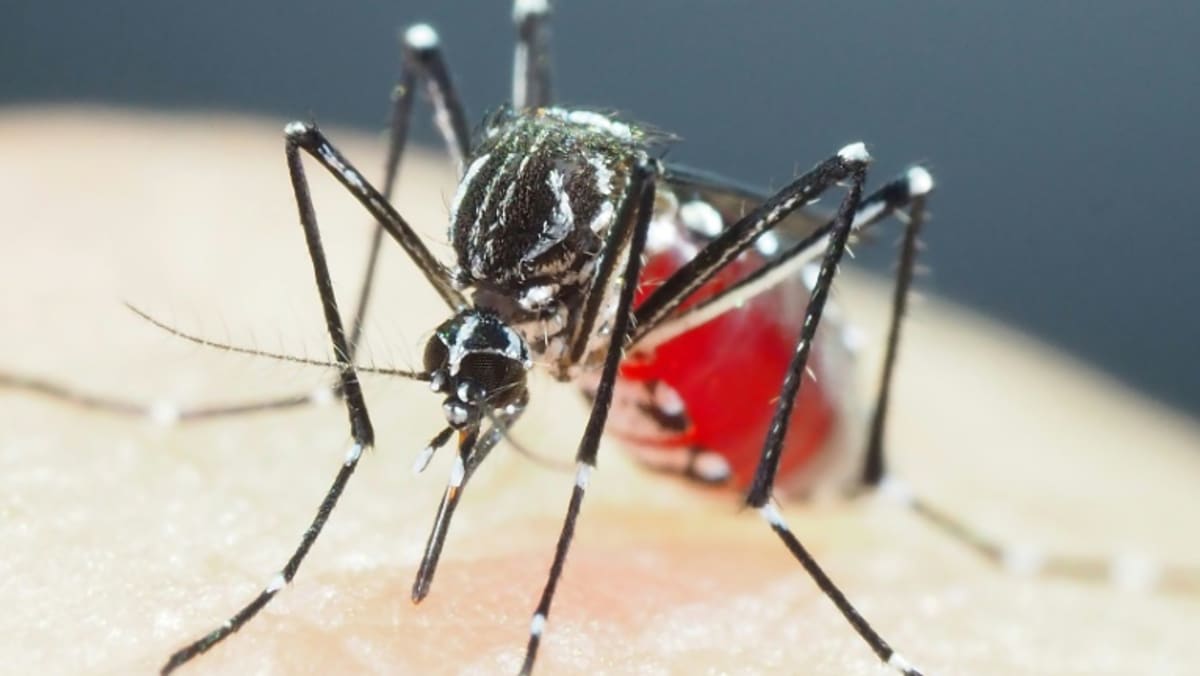Dengue can cause hemorrhagic fever and infects an estimated 100 to 400 million people a year, although over 80 per cent of cases are mild or asymptomatic, according to the World Health Organization.
Several dengue vaccines have been developed, and researchers have also used a bacteria that sterilises mosquitoes to tackle the virus.
But neither option is yet close to eradicating dengue, and Aedes aegypti mosquitoes carry other diseases, including zika and yellow fever.
NEW FORMULAS NEEDED
Resistance was also detected in another type of mosquito, Aedes albopictus, though at lower levels – possibly because it tends to feed outdoors, often on animals, and may be exposed to insecticides less than its human-loving Aedes aegypti counterparts.
The research found several genetic changes were linked with resistance, including two that occur close to the part of mosquitoes targeted by pyrethroid and several other insecticides.
Resistance levels differed, with mosquitos from Ghana as well as parts of Indonesia and Taiwan still relatively susceptible to existing chemicals, particularly at higher doses.
But the research shows “commonly employed strategies may no longer be effective”, said Cameron Webb, an associate professor and mosquito researcher at NSW Health Pathology and the University of Sydney.
“There is growing evidence that there may not be a place for current insecticide formulations in controlling populations of key mosquito pests,” Webb told AFP.





















Discussion about this post